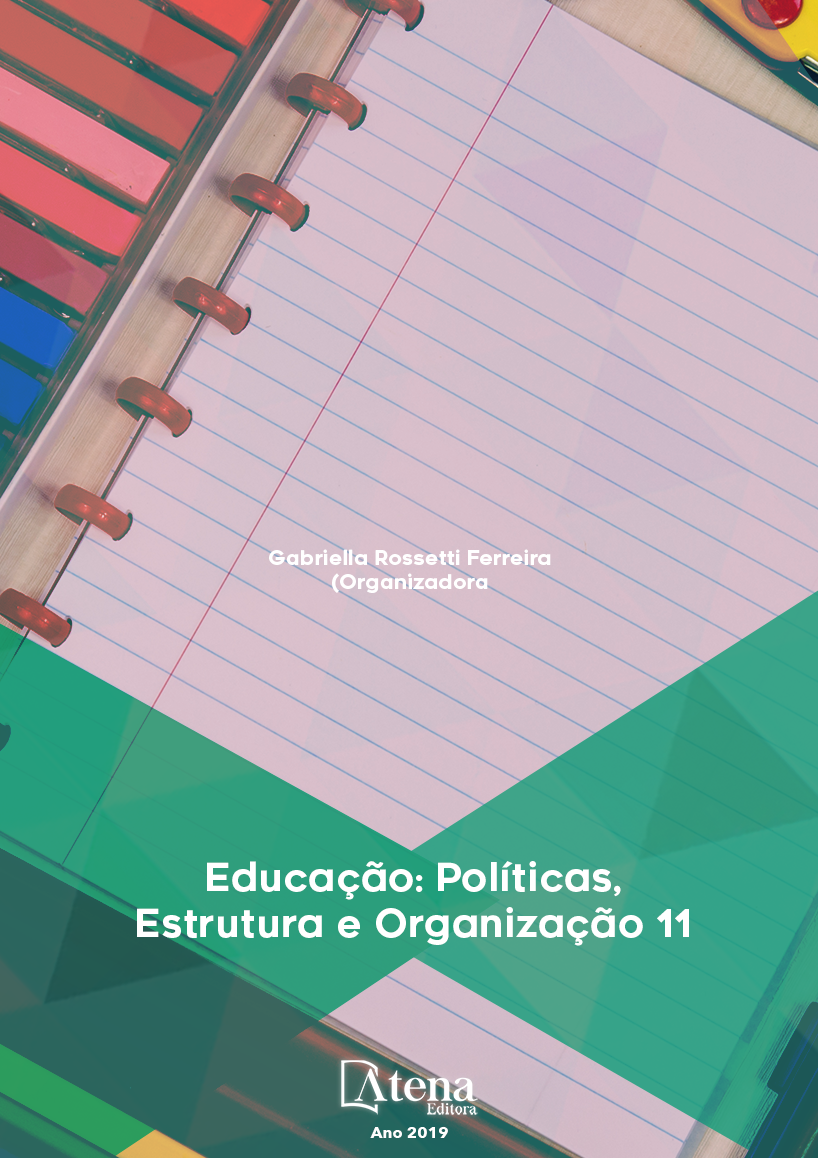
PROTAGONISMO JUVENIL E EDUCAÇÃO INTEGRAL: O EDUCANDO COMO ATOR E AUTOR DO SEU PROCESSO DE APRENDIZAGEM
O protagonismo juvenil permite aos
educandos uma ação autoral em seu processo
de desenvolvimento e aprendizagem enquanto
constituintes do ambiente escolar, estimulando
a construção de sujeitos autônomos e dotados
de consciência crítica e reflexiva, o que caminha
na mesma direção da busca pela formação
integral dos educandos nos seus aspectos
cognitivos, sociais, emocionais e afetivos, por
exemplo. Motivada por essa premissa, esta
pesquisa buscou identificar como estudantes e
outros atores do processo formativo (gestores,
formadores e professores) compreendem o
protagonismo juvenil e suas relações com a
formação integral do educando num contexto
de uma escola de referência em ensino médio
(horário integral), a primeira implementada na
cidade de Petrolina-PE. Para tanto, participaram
da pesquisa sete sujeitos, três alunos, a primeira
gestora, um ex-aluno, o gestor atual e uma exprofessora,
hoje formadora da Secretaria de
Educação do Estado de Pernambuco. Todos
foram entrevistados a partir de um roteiro
semiestruturado a partir do qual se indagava
sobre o conceito de protagonismo juvenil e
sobre como a escola integral pode contribuir
com ele. Dentre os principais resultados
destaca-se que os participantes acreditam
que a escola integral oferece um processo de
formação contínua para que todos os atores do
ambiente escolar sejam autores do seu projeto
de vida, executando de maneira contínua ações
que permitam o sentimento de pertencimento.
Assim sendo, o processo de estímulo e
apropriação do educando como protagonista na
escola integral é um ato de encorajamento que
faz o jovem construir de maneira significativa a
sua aprendizagem.
PROTAGONISMO JUVENIL E EDUCAÇÃO INTEGRAL: O EDUCANDO COMO ATOR E AUTOR DO SEU PROCESSO DE APRENDIZAGEM
-
DOI: 10.22533/at.ed.12519030425
-
Palavras-chave: Protagonismo Juvenil, Educação Integral, Escola de Referência.
-
Keywords: Juvenile Protagonism, Integral Education, School of Reference.
-
Abstract:
The youth protagonism allows the
students an authorial action in their process of
development and learning as constituents of the
school environment, stimulating the construction
of autonomous subjects and endowed with
critical and reflexive consciousness, which is in
the same direction of the search for the integral
formation of the students in the their cognitive,
social, emotional and affective aspects, for
example. Motivated by this premise, this research
aimed to identify how students and other actors
of the formative process (managers, trainers
and teachers) understand the youth protagonism and its relation with the integral
formation of the student in a context of a reference school in high school (full time ),
the first implemented in the city of Petrolina-PE. To that end, seven subjects, three
students, the first manager, an ex-student, the current manager and a former teacher,
now a trainer of the Education Department of the State of Pernambuco participated in
the study. All were interviewed from a semi-structured script from which they inquired
about the concept of youth protagonism and how integral school can contribute to it.
Among the main results it is highlighted that the participants believe that the integral
school offers a process of continuous formation so that all the actors of the school
environment are authors of their life project, executing in a continuous way actions that
allow the feeling of belonging. Thus, the process of stimulating and appropriating the
learner as a protagonist in the integral school is an act of encouragement that makes
the learner construct in a meaningful way their learning.
-
Número de páginas: 15
- Franciela Félix de Carvalho Monte
- Dayane Priscilla Bernardes Anjos


